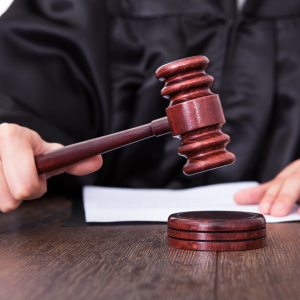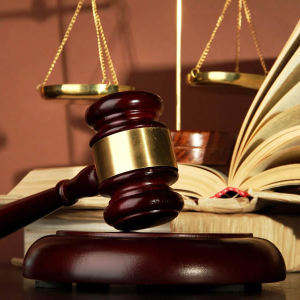According to judicial practice, hundreds of expertise are appointed annually in Russia to establish truth in civil or criminal matters. It is precisely such a conclusion that often becomes fundamental evidence of the guilt of the alleged offender or, on the contrary, justifies man. However, not everyone knows that the verdict of the expert can be challenged if you disagree with his decision. Consider how to do it.
Basic concepts
The expert is referred to as a person who has special knowledge necessary for the giving conclusion on the evidentiary issues of the trial. Procedural legislation determines the right of any interested party to protest such a specialist in court and assigning a re-/ additional inspection ( art. 87 Code of Civil Procedure of the Russian Federation). However, it happens that the examination is required to identify poor-quality goods or, for example, to determine a group of disability. Therefore, the types of such estimates are very diverse. The most common of them:
- forensic psychiatric;
- medical;
- criminalistic;
- engineering technical;
- phototechnical;
- other.
Types of challenging
When the examination was appointed by the court decree, the appeal may be subject to:
- Determination of the appointment of an expert assessment.
- Actions / inaction of a specialist participating in the process.
- Expert conclusion.
- Methods and methods used in its production.
In addition, you have the right to doubt the qualifications of a person who has evaluated, to suspect its bias or interest and accordingly apply for its discharge. Any doubt about the objectivity of the examination can be the basis for protesting its results and destination. This conclusion is based on p.3 st.86 GPKstated by the necessity of this type of proof for the court.

Algorithm appeal
Regardless of what the grain was doubt about the truthfulness or adequacy of expert assessment, the participant or his representative is given the authority to protest the result of the examination. Act in that order:
- Determine the grounds, relying on which you will challenge the conclusion.
- At the first stage, contact the Bureau that has evaluated with the relevant statement. Do it within a month after receiving results on hand.
- If the decision of the chief expert did not satisfy your claims or turned out to be unacceptable, submit a complaint to the Federal Bureau. These actions assigned the same period - 30 days.
- The decision made by the Federal Bureau's experts may only appeal in court.
- If the proceedings are completed, and the decision was made, then the claim for the results of the examination should be submitted to a higher judicial body.
It is advisable to make an independent examination before applying to any of the listed instances. In this case, your application will become motivated, and accordingly increases the likelihood of a favorable outcome of the case.
Download on our site:
 Expert Conclusion Template;
Expert Conclusion Template; Sample objection on an expert opinion;
Sample objection on an expert opinion; Typical petition template for expert;
Typical petition template for expert; An example of a petition for an expert.
An example of a petition for an expert.
Form and content of appeal application
There is no sample to write such a statement, it should be guided by generally accepted standards and adhere to the style of business correspondence:
- In the "header" place data on the structure into which the appeal is sent, as well as personal information about the applicant.
- In the text of the document, specify the expert decision.
- List the organizations involved in the assessment.
- Describe the grounds for the examination and the reasons that prompted you to appeal.
- Pain the applicant's painting.
Attach all the available paper on the case and copies of all disputed examinations to the document.
Download right now:
 A petition for additional examination;
A petition for additional examination; An example of a petition for additional examination;
An example of a petition for additional examination; Claim for evaluation;
Claim for evaluation; Sample claim for evaluation.
Sample claim for evaluation.

Remember that the expert's conclusion is not the final verdict, and it can be protesting. The proofs obtained in this way do not serve as indisputable evidence for the court, and only help in establishing truth.
































